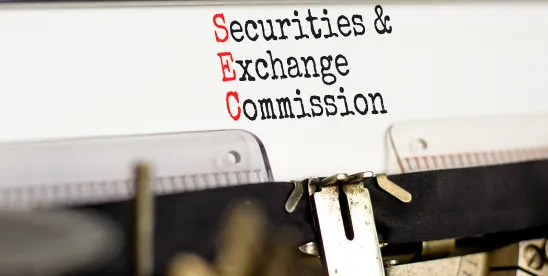In a setback to the Securities and Exchange Commission’s (SEC) crypto enforcement efforts, a federal court has denied the agency’s request for disgorgement of profits in its case against Ripple Labs. The ruling, issued by Judge Analisa Torres of the US District Court for the Southern District of New York on August 7, deals a blow to the SEC’s strategy of seeking large disgorgement penalties in cases based solely on registration violations.
The court’s decision stems from the SEC’s enforcement action against Ripple, which alleged that the company’s sales of XRP tokens constituted unregistered securities offerings. While Judge Torres previously ruled that some of Ripple’s XRP sales to institutional buyers should have been registered under the securities laws,[1] she has now rejected the SEC’s bid to disgorge $876 million in profits from those sales.
In denying disgorgement, Judge Torres relied heavily on the Second Circuit’s recent decision in SEC v. Govil,[2] which held that disgorgement is only appropriate when there are identifiable victims who suffered pecuniary harm. The court found that the SEC failed to demonstrate such harm to XRP purchasers:
“The SEC offers only speculative evidence that the Institutional Buyers did not ‘receive[] the return on the investment contemplated.’ . . . [T]he SEC does not (and cannot) establish that Ripple would have, in fact, offered any additional discounts to investors had it complied with Section 5’s registration requirements.”
This ruling likely significantly narrows the SEC’s ability to obtain disgorgement in crypto cases where purchasers have not clearly suffered financial losses. It suggests courts may be skeptical of disgorgement requests based solely on registration violations, without evidence of fraud or investor losses.
While denying disgorgement, the court did grant the SEC’s request for a permanent injunction against future securities laws violations by Ripple, although it narrowed the language of the injunctive order sought by the SEC. In granting this injunction, however, the Court expressly noted that the SEC had not demonstrated that Ripple “recklessly disregarded regulatory requirements in making its business decisions” that had resulted in securities laws violations.
The court also imposed a $125 million civil penalty on the company. However, this penalty is significantly less than the almost $2 billion in remedies ($1 billion in disgorgement and prejudgment interest and $900 million in civil penalties) sought by the SEC.
The court’s decision likely limits the SEC’s ability to seek large disgorgement penalties in similar cases. This remedies decision also leaves open questions about the ongoing legal status of certain crypto transactions. Importantly, Judge Torres reiterated her previous ruling that Ripple’s programmatic sales of XRP on exchanges and other distributions did not violate securities laws, and courts continue to take different views about the legal status of certain secondary market transactions. Also, now that the case has concluded at the district court level, it remains to be seen whether the SEC will appeal the court’s decisions, including the decision regarding programmatic sales.
[1]See Katten’s coverage of the Ripple enforcement action here and here.
[2]SEC v. Govil, 86 F.4th 89 (2d Cir. 2023).




 />i
/>i
